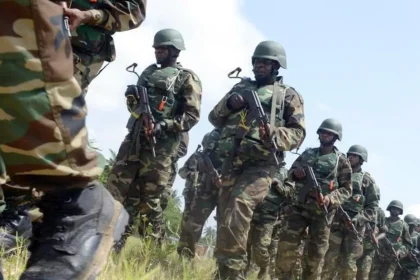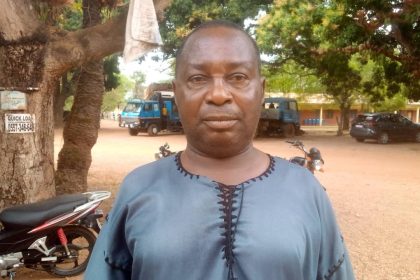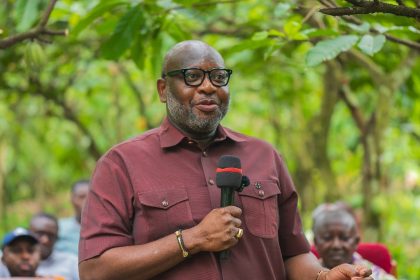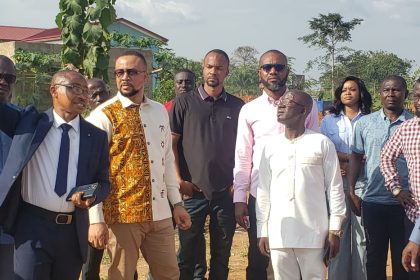BasicNeeds-Ghana and Mental Health Alliance have called for prioritisation of Mental Health and Psychosocial Support Services (MHPSS) during catastrophes and emergencies in the country.
They have also called for the inclusion of MHPSS in disaster preparedness and emergency response frameworks of the National Disaster Management Organisation and the Metropolitan, Municipal and District Assemblies.
This was in a statement issued by BasicNeeds-Ghana and Mental Health Alliance and copied to the Ghana News Agency in Tamale to mark this year’s World Mental Health Day.
It was to draw attention to the need for enhanced mental health and wellbeing for people, especially during humanitarian catastrophes and emergencies.
This year’s World Mental Health Day, marked on October 10, is on the theme: “Access to Services: Mental Health in Catastrophes and Emergencies”, which focused on the need to support the mental health and psychosocial needs of people affected by humanitarian emergencies.
The statement said “Ghana is no stranger to disasters both natural and otherwise, and humanitarian emergencies such as perennial floods, droughts, fires and explosions, road accidents, conflicts as well as collapse of buildings that have claimed lives, injured people and left individuals, families, and communities with lasting traumatic, psychological and emotional injuries and scars.”
It added that “In all these unfortunate situations, response interventions have fallen short of inclusion of MHPSS for the affected individuals, families and communities.”
It said “Without MHPSS, recovery remains incomplete. Families struggle to rebuild livelihoods effectively, children’s education is disrupted, and communities remain fragile.”
The statement called on the government to ensure that first responders in disaster or emergency situations included MHPSS experts.
It called for increased investment in mental health care within the country’s health budget and allocation of adequate resources for MHPSS.
It said frontline health workers, humanitarian experts and managers must be equipped with skills in psychosocial first aid to provide timely support during catastrophes and emergencies.
The statement also called for strengthening community-based support systems and structures to support survivors of disasters and humanitarian emergencies, including self-help groups to extend mental health care to hard-to-reach areas.
It emphasised need to “Combat stigma through nationwide community-based awareness campaigns especially in communities emerging from disasters and humanitarian crises affirming that mental health is an essential part of health especially in times of emergencies and catastrophes.”
It said, “Ensuring access to mental health during catastrophes and emergencies requires making mental health a key part of Ghana’s Universal Health Coverage strategy and plans.”
The statement said “Ghana has made progress through the passage of the Mental Health Act 2012 (Act 846) and the integration of mental health into primary health care. However, resources remain limited; services are overly concentrated in urban centres, and stigma continues to silence many in need. These become even more pronounced in times of crisis.”
It said, “As we observe World Mental Health Day 2025, let us reaffirm our commitment to make provision of mental health and psychosocial support part and parcel of our health and wellbeing needs especially during humanitarian emergencies ensuring no one is left behind in times of crisis.”
GNA






